
Post by : Monika
On September 24, 2025, United Nations Secretary-General Antonio Guterres spoke at the UN General Assembly. He told world leaders that countries need to set stronger and faster climate goals for the year 2035.
He said that the current promises made by nations under the Paris Agreement are not enough to stop dangerous global warming. Guterres warned that if countries do not act quickly, climate change could cause more severe storms, floods, heat waves, and droughts.
Why Climate Action is Urgent
The Paris Agreement, signed in 2015, aims to limit the global temperature increase to well below 2°C and preferably to 1.5°C compared to pre-industrial levels. Scientists say that exceeding this threshold could lead to severe environmental, social, and economic problems. These problems include rising sea levels, destruction of ecosystems, extreme weather events, and threats to food and water security.
Despite these warnings, most countries’ current climate plans are not strong enough. According to recent climate reports, global emissions are still rising, and the world is not on track to meet the goals of the Paris Agreement. This is why Guterres emphasized the need for urgent action and called for new, stronger targets to be set for 2035.
Global Leaders Respond
Several countries have already announced new climate targets following Guterres’ call:
China: President Xi Jinping said China aims to reduce its greenhouse gas emissions by 7% to 10% from peak levels by 2035. China also plans to increase its renewable energy capacity, including wind and solar power, to 3.6 billion kilowatts, which is more than six times what it had in 2020. China has said it will continue to expand its clean energy projects to reduce reliance on coal.
Brazil: President Luiz Inácio Lula da Silva committed to cutting Brazil’s emissions by 59% to 67% by 2035. He stressed the need for honesty in climate promises and ensuring that actions match goals. Brazil also plans to fight deforestation in the Amazon rainforest and protect natural ecosystems.
European Union: The EU is working to finalize new climate targets that aim for a 66.3% to 72.5% reduction in emissions by 2035. However, disagreements among EU member states have slowed the approval process. The EU continues to focus on renewable energy, energy efficiency, and electric transport to reach its targets.
Developed Nations Must Lead
Guterres reminded that developed countries, which have historically caused the most greenhouse gas emissions, must take the lead. These nations are expected to reduce emissions faster and provide financial and technical support to developing countries. Developed nations also have the responsibility to help vulnerable regions adapt to climate change, build resilience, and invest in renewable energy projects.
Financial support includes funding for renewable energy, sustainable agriculture, energy-efficient buildings, and climate adaptation programs. Without this support, many developing countries may struggle to meet their climate targets. Guterres stressed that climate action is not only about protecting the environment but also about fairness and justice. The poorest and most vulnerable people are often the most affected by climate change.
The Role of Renewable Energy
Renewable energy, such as wind, solar, and hydro power, plays a key role in reducing greenhouse gas emissions. Switching from coal and oil to clean energy sources can significantly reduce global carbon emissions. Countries around the world are investing in large-scale solar farms, wind turbines, and hydroelectric projects.
In addition to reducing emissions, renewable energy creates jobs, boosts economic development, and improves energy security. Guterres encouraged all nations to invest in renewable energy and make it a priority in their national climate strategies.
Climate Adaptation is Crucial
Apart from reducing emissions, countries must also adapt to the impacts of climate change. This includes building flood defenses, improving water management, developing drought-resistant crops, and planning for extreme weather events. Adaptation strategies help communities survive and recover from natural disasters caused by climate change.
Guterres highlighted that climate adaptation is especially important for countries in vulnerable regions. Small island nations, low-lying coastal areas, and regions prone to drought or floods face the highest risks. Without proper adaptation, these communities may experience severe economic losses, displacement, and humanitarian crises.
Global Cooperation is Essential
The UN chief emphasized that climate change is a global problem that requires global cooperation. No single country can solve it alone. International collaboration is needed to share technology, knowledge, and best practices. Cooperation also ensures that climate goals are met fairly and efficiently.
Guterres encouraged world leaders to work together to meet the goals of the Paris Agreement. He said that ambitious climate action by all countries can prevent the worst impacts of climate change and protect future generations.
Youth and Public Engagement
Guterres also mentioned the role of young people in climate action. Youth activists around the world have been demanding stronger climate policies and calling for urgent action. Public awareness, community involvement, and education are important to support government efforts. The UN chief encouraged citizens, businesses, and organizations to participate in climate initiatives and sustainable practices.
The Path to COP30
The upcoming COP30 climate summit in November is a critical moment for countries to review and strengthen their climate commitments. The decisions made at COP30 will influence global climate action for the next decade. Guterres urged leaders to be ambitious, transparent, and accountable in setting and achieving their targets.
He reminded nations that setting realistic but strong targets is essential to keep the 1.5°C goal within reach. Countries must also implement policies quickly, monitor progress, and adjust strategies as needed. Time is limited, and urgent action is necessary to avoid irreversible climate damage.
The message from UN Secretary-General Antonio Guterres is clear: countries must act faster and set stronger climate targets. Immediate action is needed to reduce emissions, invest in renewable energy, protect vulnerable communities, and adapt to climate impacts.
Climate change affects everyone, but the most vulnerable people face the greatest risks. Developed nations must lead, and all countries must cooperate to ensure a safe and sustainable future. By taking strong and timely action, the world can prevent the worst consequences of climate change and create a healthier, safer planet for future generations.
The speech by Guterres is a reminder that climate action is not optional. It is a moral and practical responsibility that requires commitment from governments, businesses, communities, and individuals worldwide. Only through united and determined efforts can humanity address the climate crisis effectively.
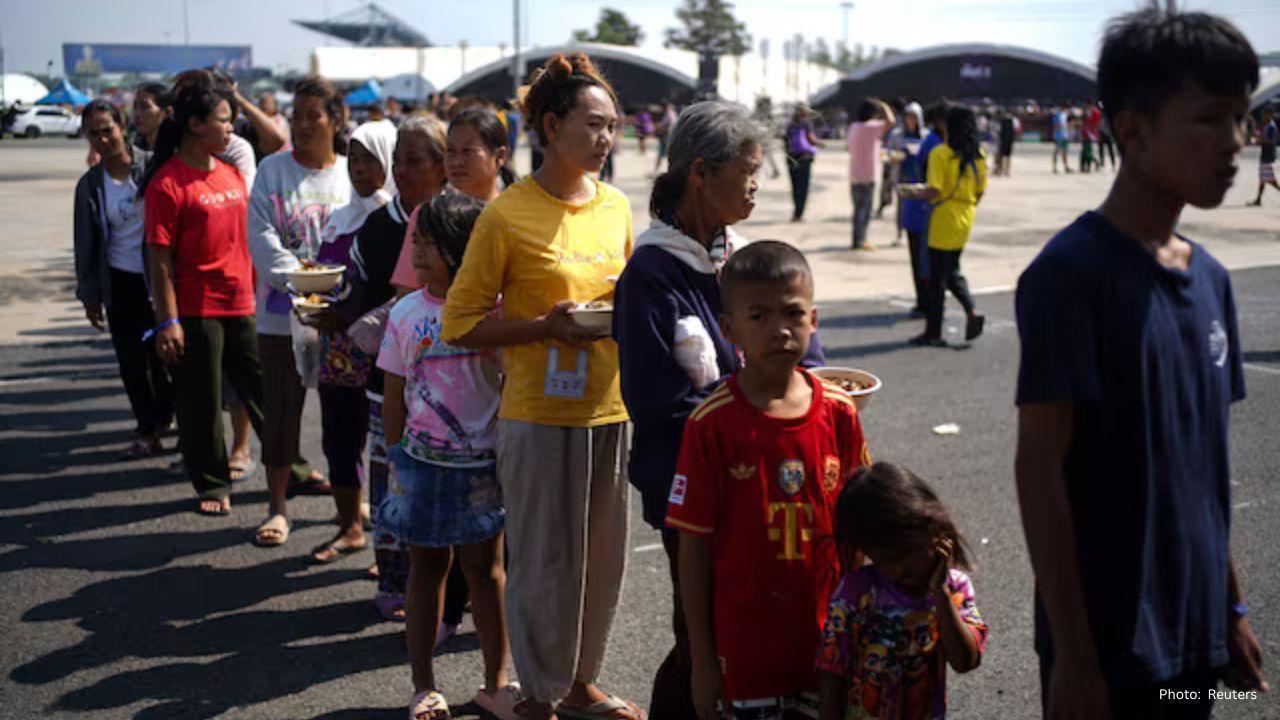
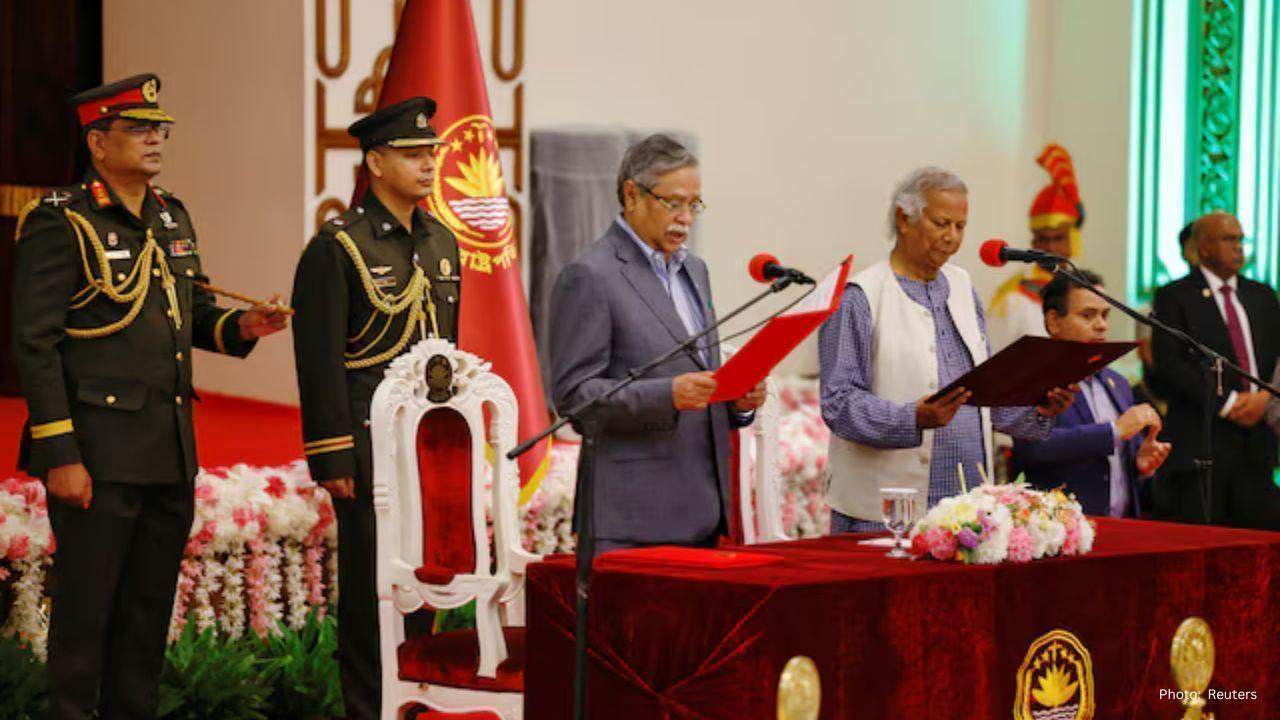
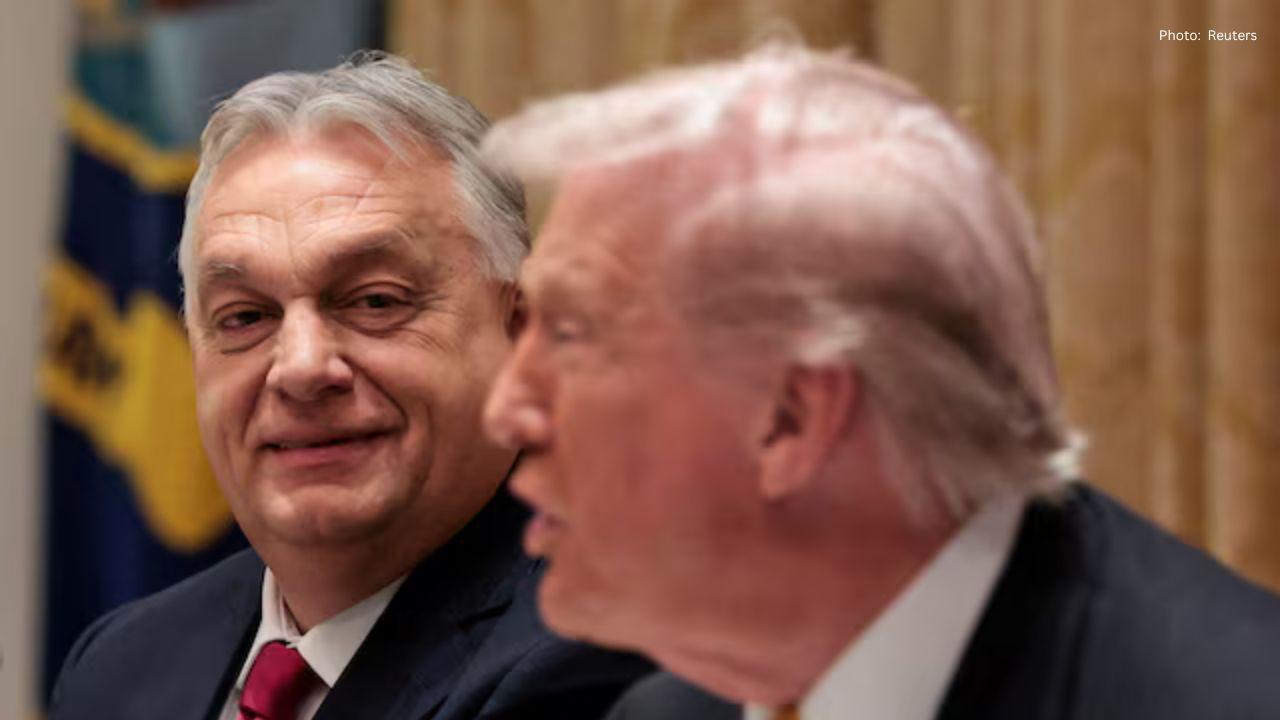
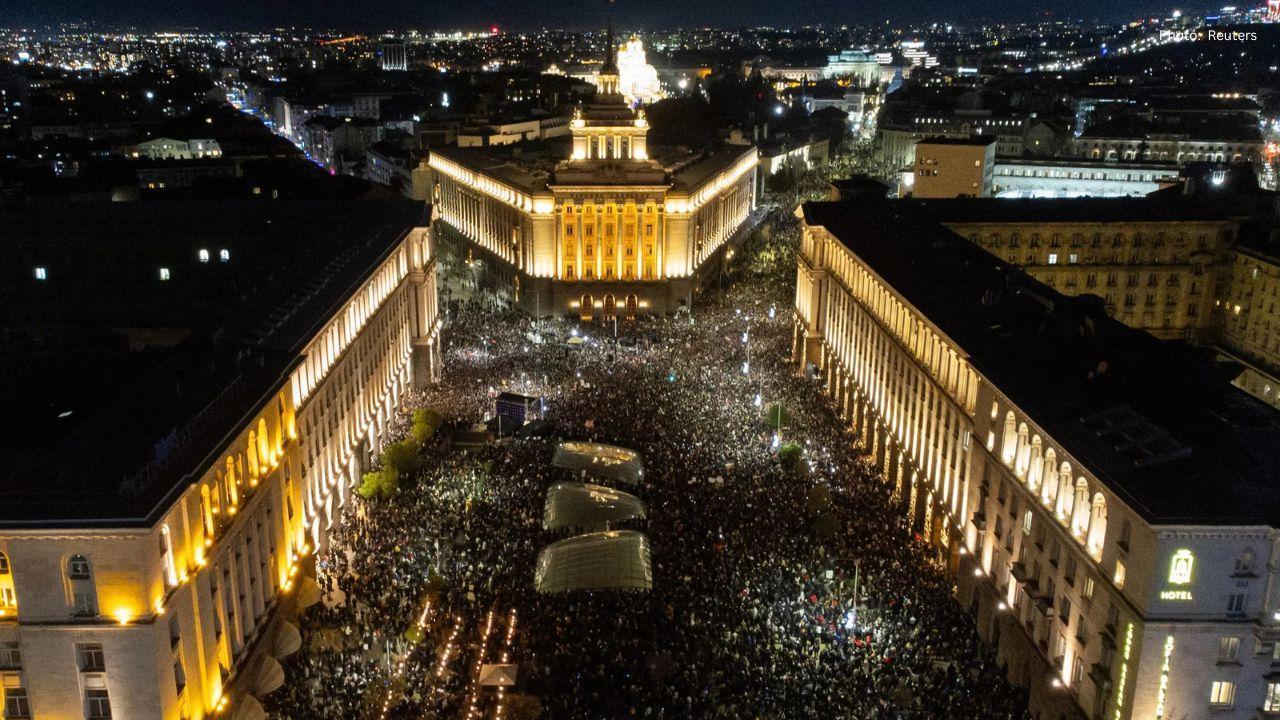
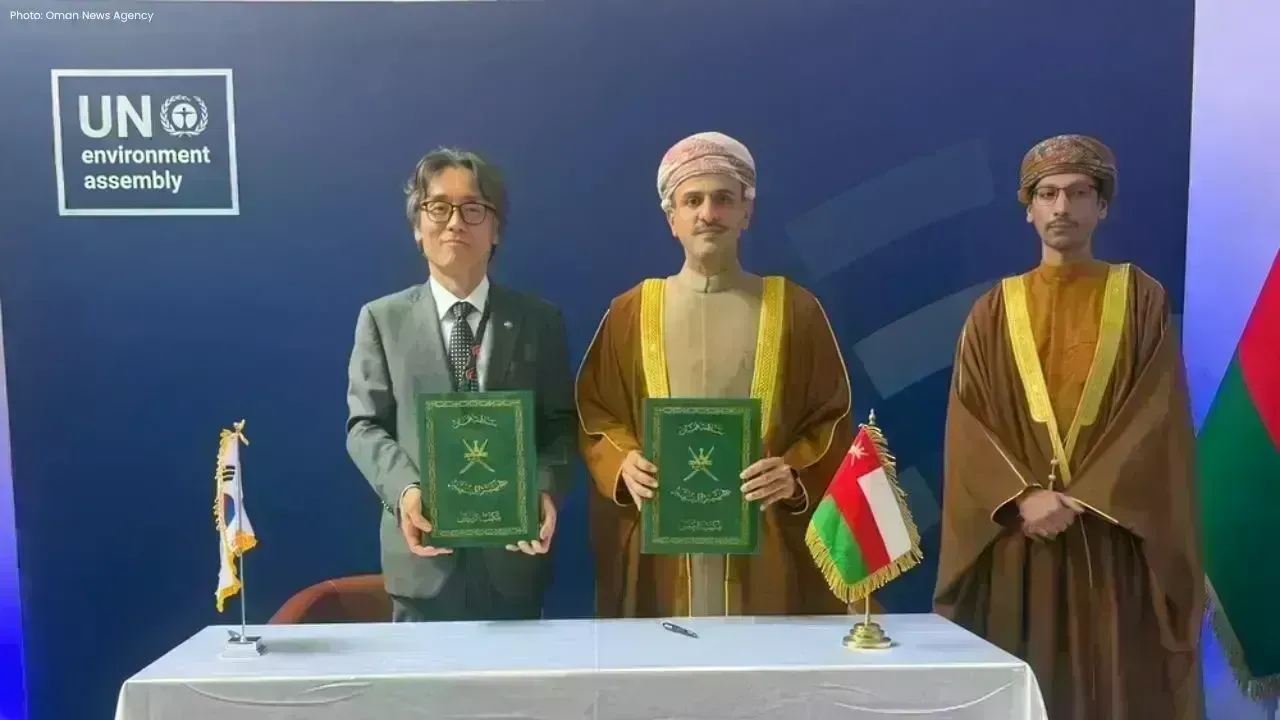
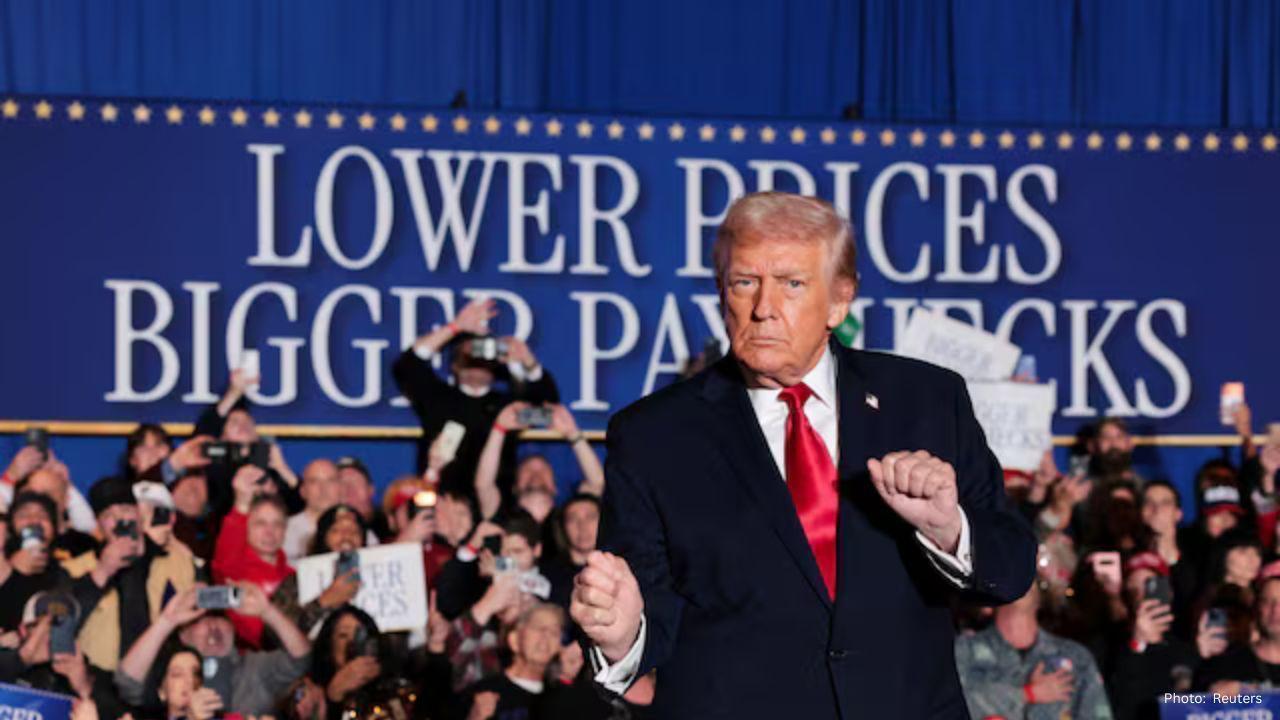
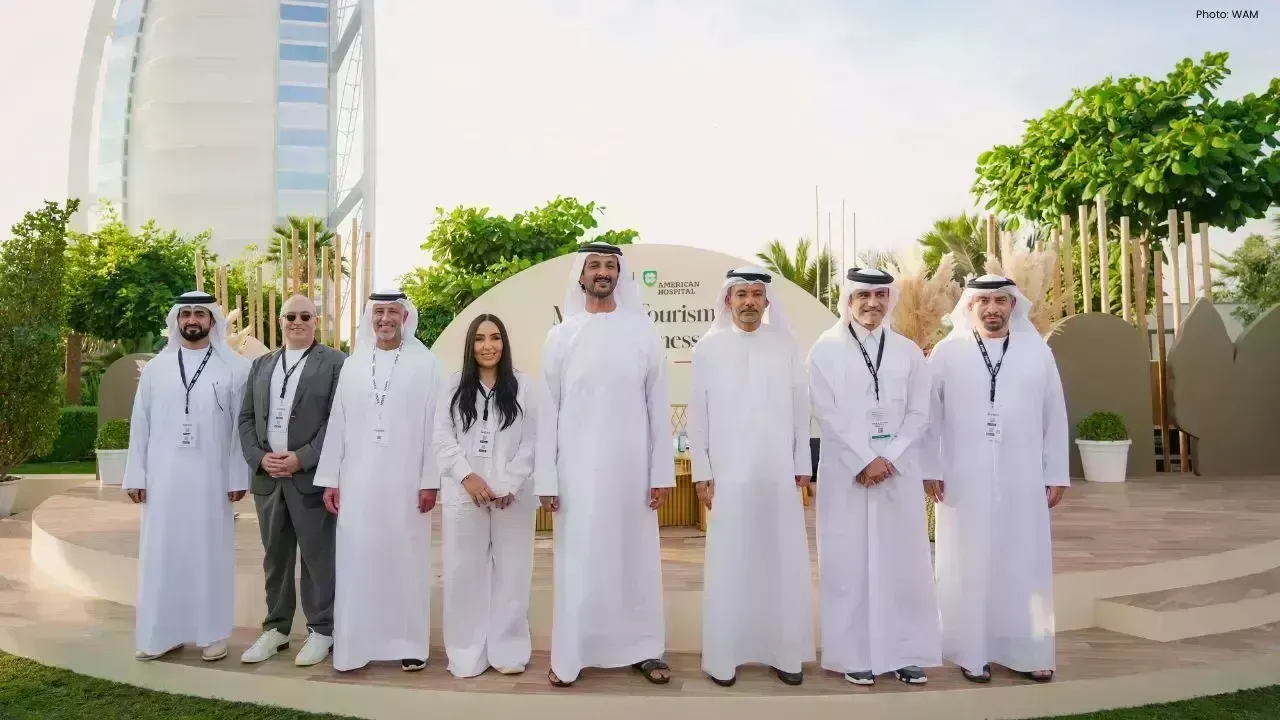
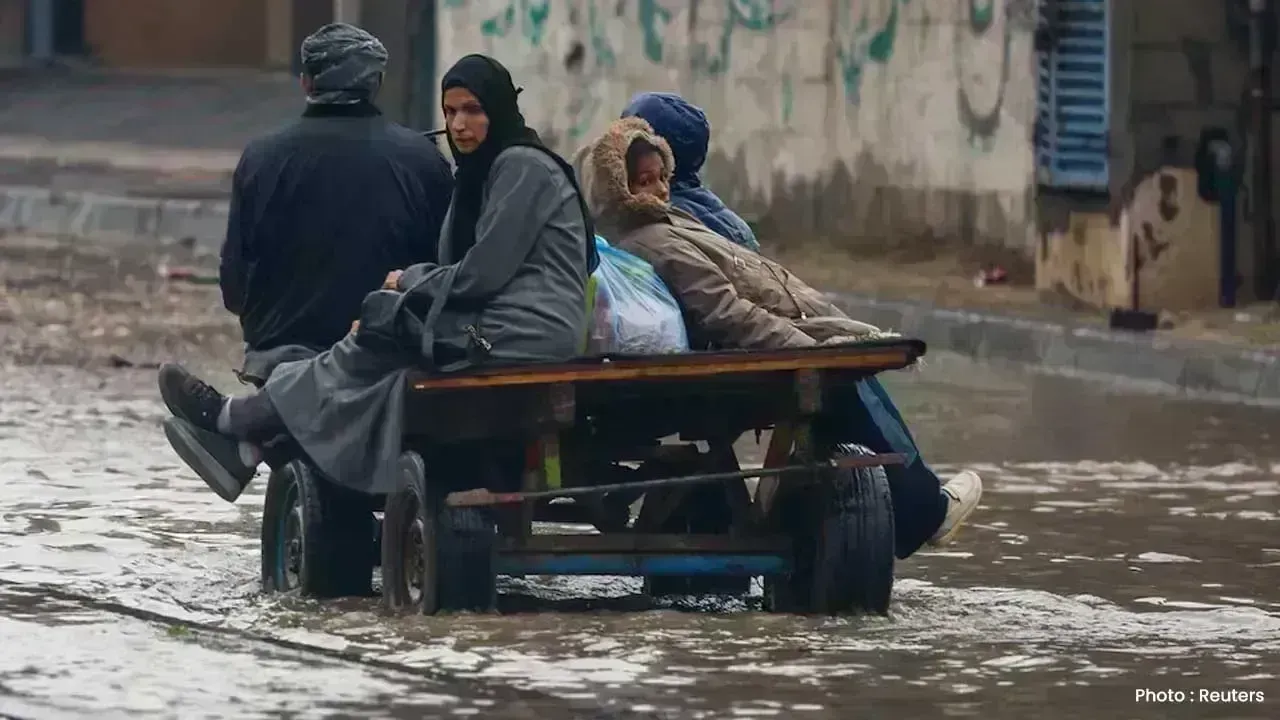
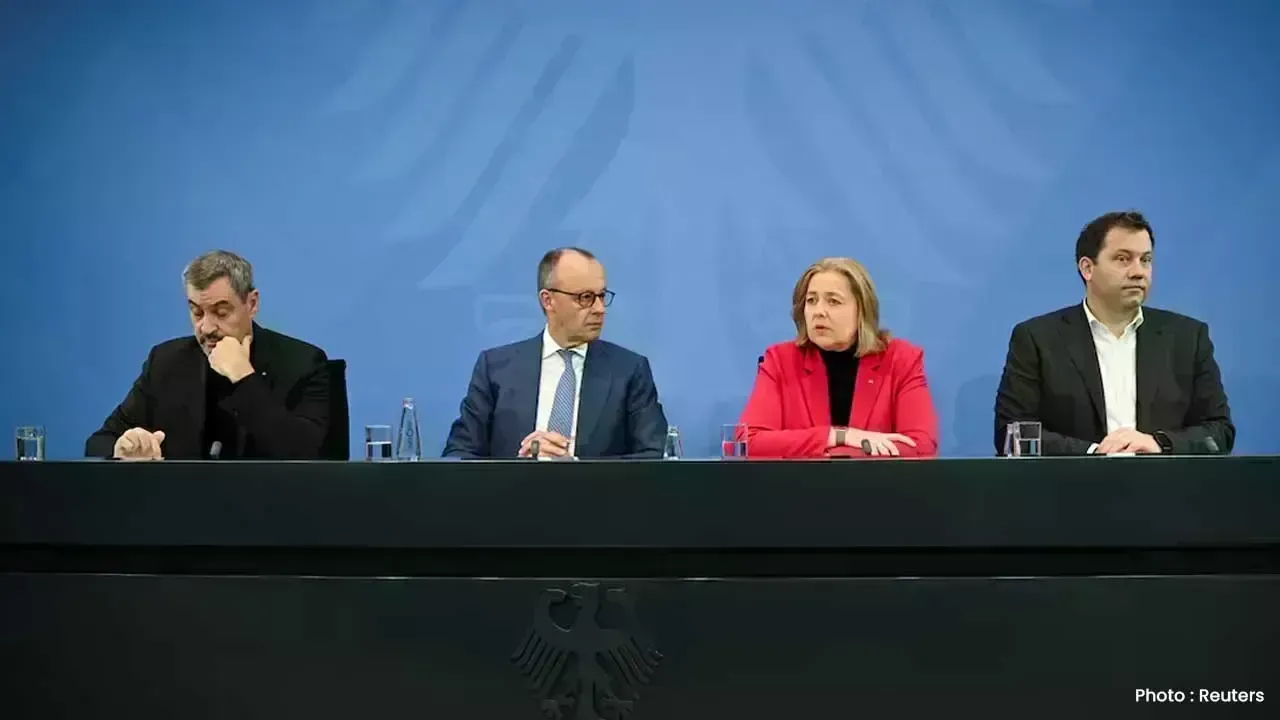

OpenAI Highlights Growing Cybersecurity Threats from Emerging AI Technologies
OpenAI has raised alarms about the increasing cyber risks from its upcoming AI models, emphasizing s

Manchester City Triumphs 2-1 Against Real Madrid, Alonso Faces Increased Scrutiny
Manchester City secured a 2-1 victory over Real Madrid, raising concerns for coach Xabi Alonso amid

Cristiano Ronaldo Leads Al Nassr to 4-2 Victory Over Al Wahda in Friendly Face-Off
Ronaldo's goal helped Al Nassr secure a 4-2 friendly win over Al Wahda, boosting anticipation for th
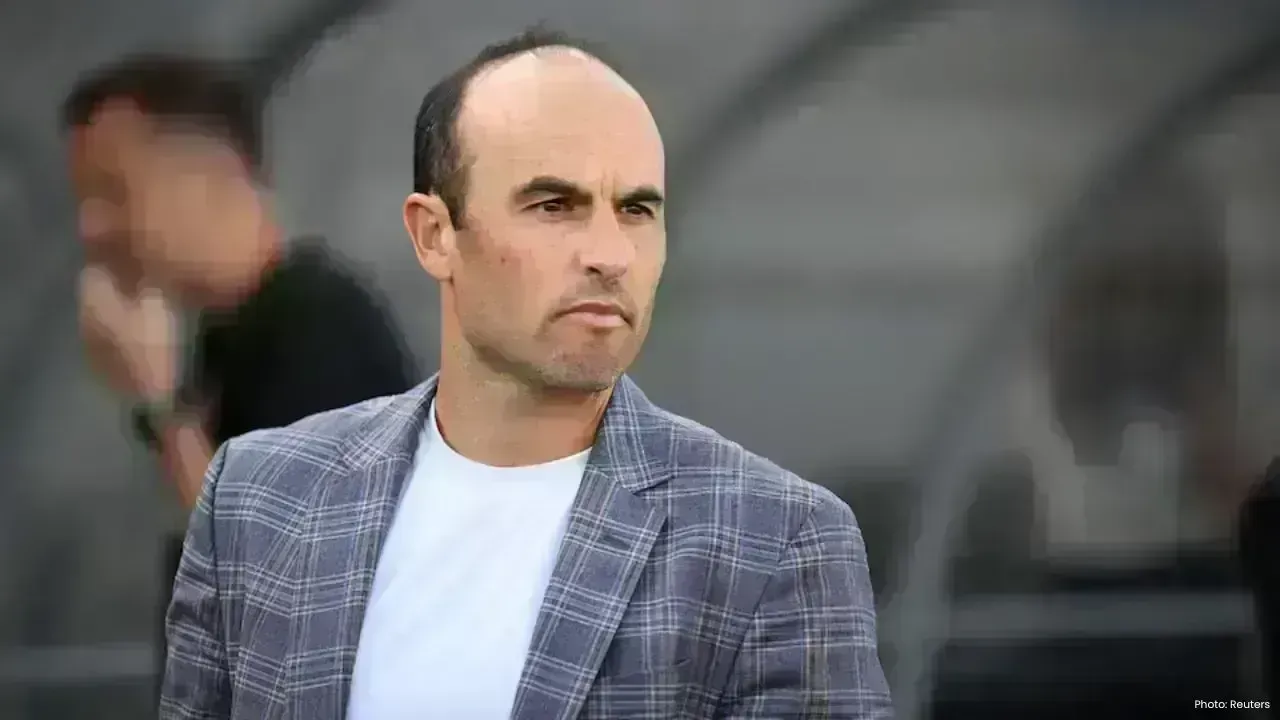
Landon Donovan Challenges Australia Coach on World Cup Prospects
Landon Donovan counters Australia coach Tony Popovic’s optimism for the World Cup, expecting an earl
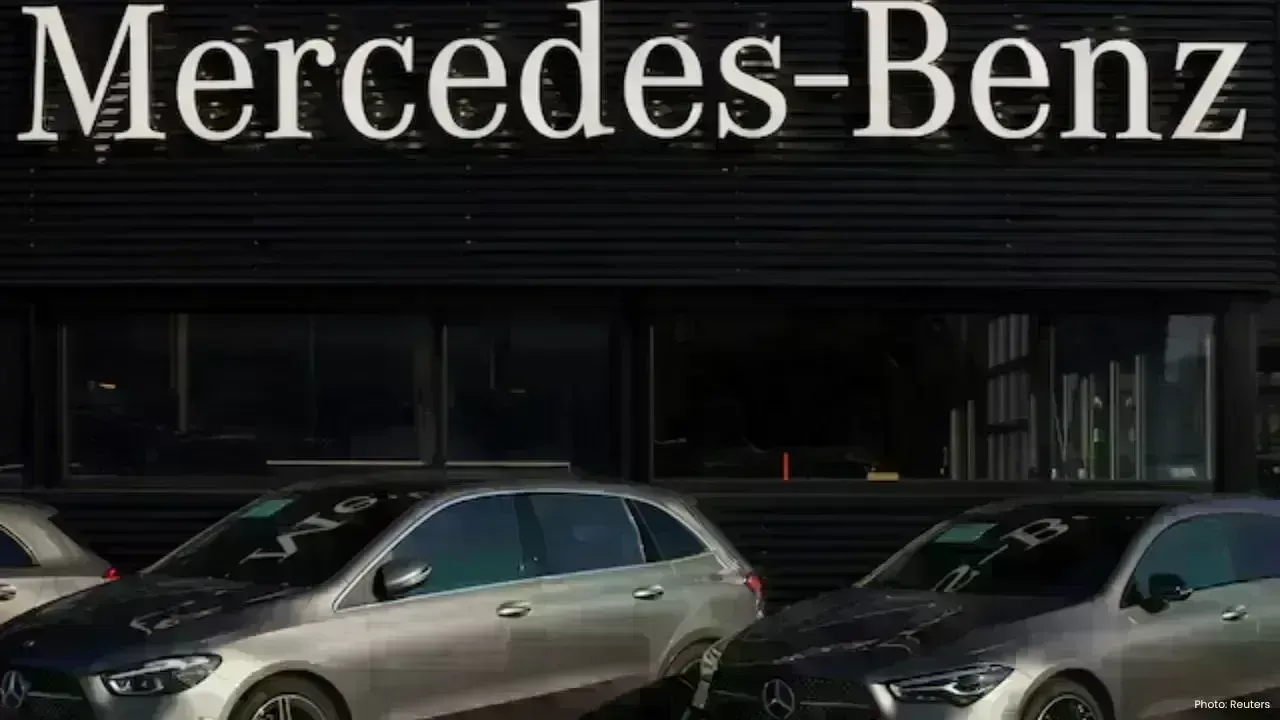
Mercedes-Benz Forms Landmark Partnership with WTA
Mercedes-Benz and the WTA unveil a significant partnership effective January 2026, with major invest

Abhishek Addresses Divorce Rumours Concerning His Family
Abhishek Bachchan confirms that daughter Aaradhya remains oblivious to divorce speculations, focusin